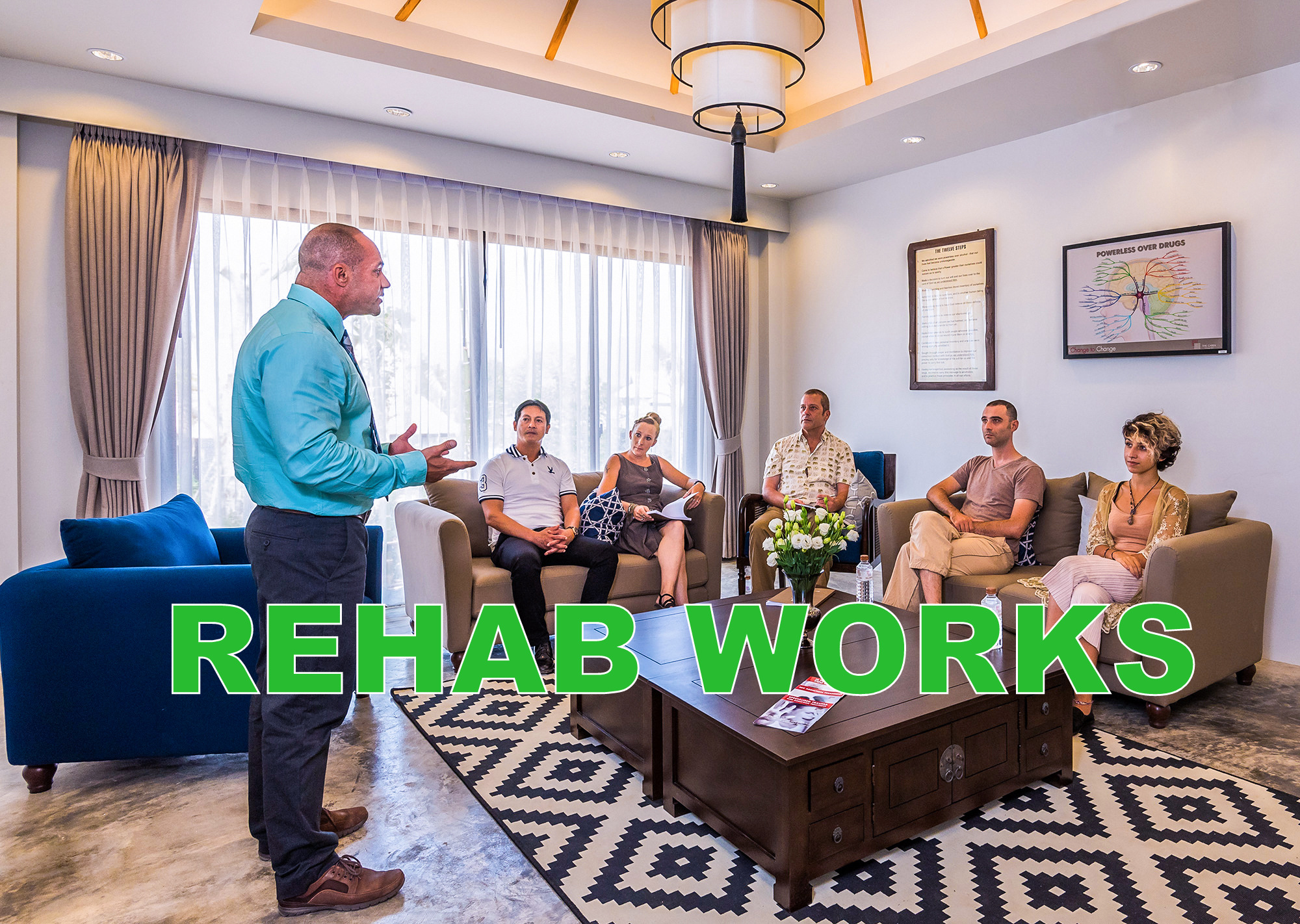What authorisation steps and eligibility criteria does your medical aid require to cover addiction rehabilitation treatment?
Medical Aid Coverage And Authorisation For Addiction Rehabilitation

Understanding BankMed Medical Aid Coverage
Medical Aid is critical to managing healthcare costs, offering policyholders financial coverage or reimbursement for medical expenses. Among various services, rehabilitation is pivotal for patients recovering from addictions to alcohol or other drugs. Addiction is a chronic condition that needs to be managed over the long term and Bankmed covers 21 days of inpatient rehabilitation and 3 days of detoxification per year. The year runs from January to January.
Bankmed Medical Aid Overview
Bankmed has established itself as a trusted medical aid provider, offering a range of health plans designed to meet the diverse needs of its bank-employed members. From comprehensive coverage to more specific health needs, Bankmed’s mission is to ensure their policyholders receive the best possible care without the burden of overwhelming expenses.
 Drug and Alcohol Rehabilitation Services Covered by Bankmed
Drug and Alcohol Rehabilitation Services Covered by Bankmed
Bankmed recognizes the importance of addiction rehabilitation in a patient’s recovery process. Medical aid typically covers various rehabilitation services, including inpatient, outpatient psychologist sessions, and psychiatric appohntments. The extent of BankMed coverage depends on the policyholder’s chosen plan and the specific services required.
Eligibility Criteria for Addiction Rehabilitation Coverage
To be eligible for addiction rehabilitation coverage, Bankmed policyholders must meet certain criteria. This includes an up-to-date policy and for a rehab admission, no formal referral is needed. The rehab staff will assess the patient and arrange pre-authorization from BankMed on your behalf. It’s in BankMed’s best interest to keep its members healthy. Addiction is a recognised brain disease and there’s no shame in needing treatment.
How to Claim Rehabilitation Expenses from Bankmed
Claiming rehabilitation expenses involves a straightforward process. The rehabilitation centre will call BankMed and get pre-auth on your behalf. The rehab will handle the documentation and reports for Bankmed to review. Understanding the claim submission guidelines ensures a smoother admission process.
Limitations and Exclusions
While Bankmed offers coverage for rehabilitation services (currently 21 days of inpatient rehab and another 3 days of detox per year), there are limitations within its policies. Policyholders must be aware that long-term rehab is not covered. Relapse rates reduce at 90 days and often patients with severe addictions need 90 days of inpatient treatment or more. The family will have to fund the patients’ secondary care and halfway house treatment out-of-pocket.
Does Bankmed Pay for Rehabilitation? Case Studies
Changes Rehab has at least 10 BankMed patients each month. We have great success in admitting, treating and helping these people find long-term recovery. Please call us today on 081-444-7000 for more info on how BankMed handles claims and the impact of their coverage on policyholders’ recovery journeys.
Comparing Bankmed with Other Insurers
If you or your loved one is addicted and on BankMed, you’re in luck. BankMed is administered by Discovery and is a good medical aid. Comparing Bankmed’s rehabilitation coverage with other medical aids? The benefits are slightly better than most medical aids as BankMed pays for 3 days of detox whereas most other medical aids do not.
Navigating Challenges with Bankmed Claims
Facing challenges with insurance claims can be daunting. As Changes Rehab is fully licensed we only need to give BankMed three bits of information to get your pre-authorisation: Our rehabilitation clinic practice number, our GP’s & psychiatrists practice numbers and the ICD10 codes of your addiction. This telephone call takes minutes, and we do this for all of our patients’ admissions. To avoid any issues policyholders may encounter when claiming rehabilitation services we will show you how to use Bankmed’s customer support resources effectively.
Understanding Bankmed medical aids coverage for rehabilitation services is essential for policyholders seeking support during their recovery from addiction. With comprehensive plans and specific coverage policies, Bankmed aims to facilitate access to necessary chemical dependency treatment services, ensuring a smoother and more affordable recovery process for its members. Yes, BankMed covers 21 days of inpatient rehab and 3 days of detox per year.
Call us today to find out more.






